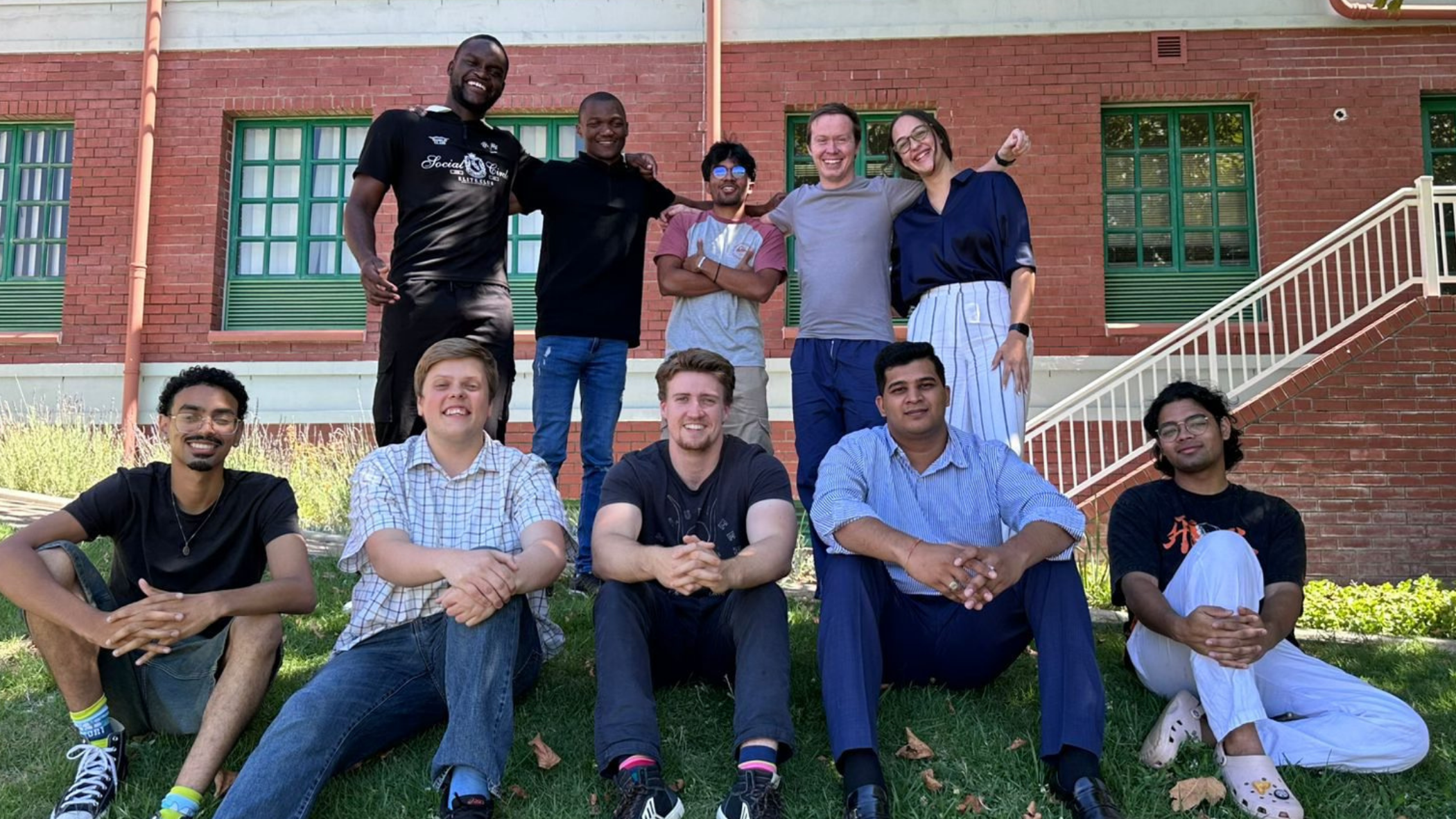In 1973, Dr Ralph Colby defined 4 elements that need to be present in a relationship for trust to occur:
- Acceptance: I respect people for who they are. I give recognition when it is due.
- Openness: I am receptive to others’ ideas and opinions. I am willing to disclose what’s on my mind.
- Congruence: I say what i mean and mean what I say. I walk my talk. I am honest and ethical.
- Reliability: You can count on me to keep my commitments. I do my best at everything I do.
Trust is fundamental to all working relationships, yet it is the value that is hardest to foster in a business environment. The problems are myriad: large egos that want to take all the credit for a team’s work; vulnerable people who seek job security in hiding information from others; and career game playing with hidden agendas.
Assuming the best scenario, that you have an organization that seeks to build trust, how do you go about it? KRS has found that more understanding of what trust is, can assist in this organizational maturity.
All people start off with different levels of Trust: some give trust until they are disappointed or let down; others start off distrustful, but will give trust as it is earned. In order to earn trust, you need to understand what the other person values.
A person who values *Acceptance *, needs to know that you are not judging them. That they don’t need to keep their “ego-armour” in place when dealing with you.
A person who values *Reliability *, needs you to deliver when you say you will. With this person, you must take care not to give an optimistic deadline and then fail to deliver – rather err on the side of caution, so that you can always meet your commitments. This is what they value the most. If someone’s trust is based on Reliability, then coming late for a meeting isn’t just a minor rudeness, but a break in their trust in you. Trust is a fragile thing…
*Openness * is also pretty easy to understand, and it is also a key business value at KRS. We have found that high levels of openness prevent office politics: if nothing is hidden, it is very difficult for rumour and misunderstanding to flourish, which is what office politics thrive on. So you should have this as a value for all sorts of reasons, including building trust. In an Agile environment, team members need high levels of feedback and openness to build the learning culture that helps them to grow. It also helps to foster the ownership value of Agile, because when openness is high between management and the team, they are more interested in what the organization does and how well the team and organization are doing.
Congruence has 2 aspects: one is internal congruence, such as your body language supporting (not differing from) your spoken words. But there is also an external congruence which means that people with similar (congruent) value systems, will trust each other most easily. In a diverse organization, with many types of people, cultures and values, this can be a divisive value. It is worth understanding where your staff are coming from, and being able to address external congruence needs by diversity education or team building aimed at bridging cultural divides.
The key aspect is that Trust is easier to lose than to gain. Trust is the underlying value for all human interaction, so tread gently!
References:
[http://www.integroleadership.com]( Dr Ralph Colby, Integro Leadership)




